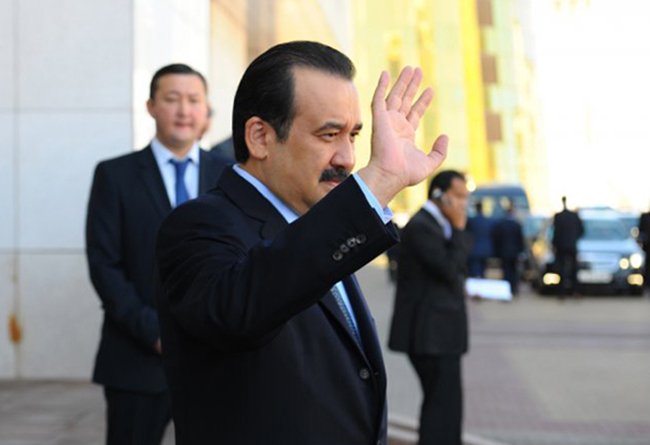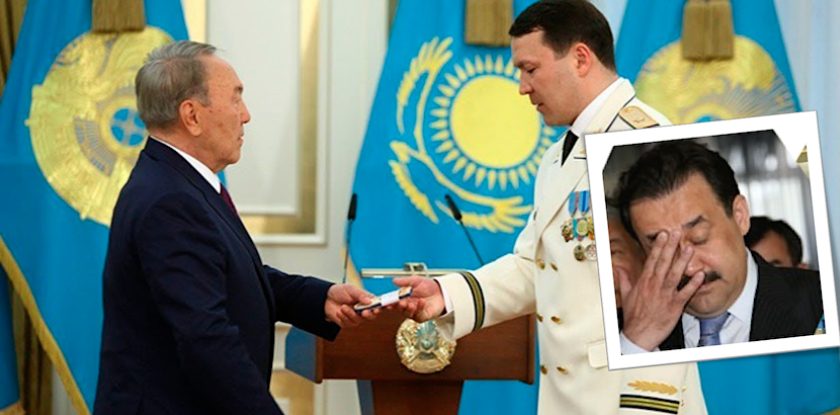In the coming days, President Kossym-Jomart Tokayev is to announce the date of the next elections to the Mazhilis of the Kazakh Parliament and to the maslikhats of all levels. We at kz.expert believe the elections will take place without any big problems for Akorda and the Library. The worst thing that can tarnish the picture of the internal political stability is the activity of the protest groups and not so much in the form of public actions as in the form of the observation of the election process and of how it may be falsified.
Therefore, one can say that the political results of the upcoming elections have been predetermined, although at the level of maslikhats, especially the district and rural ones, we may expect individual surprises. Not because the ruling party had turned into a democratic one after the primaries and its members suddenly began competing with each other. It’s just that, for the local clans and figures of influence, it is much harder to reach compromise and, most importantly, stand upon it, than it is for those who rule above. Apart from that, the «fodder supply» there is weaker whereas the number of those wishing to use it is much higher.
Unfortunately, all the forecasts on when and how the Parliament and local elections will be conducted, which parties will win the elections and how many seats in the Mazhilis and maslikhats they are going to receive are but guesswork. Only the Presidential Administration and The First President’s Apparatus know what is going to happen. We at kz.expert have no doubt that they even have documents listing the names of all the future Mazhilis deputies, members of the Government and heads of the agencies as well as the names of the maslikhats deputies personally approved by Akorda and the Library.
Amid the current problems with the COVID-19 pandemic and the economic problems it has caused, the Kazakhs don’t even have time to notice how intensely the President and his Administration have been working. For instance, the Head of the State has met with practically all the members of the Government and the heads of the agencies directly subordinated to him as well as with the akims of the regions and the cities of republican significance.
Now then, at these meetings, Tokayev and the other parties were talking not only about the current state of affairs and the tasks for the nearest future. The President had also informed the parties on their post-electoral future — whether they are going to keep their seats, be transferred to another position or send packing.
It is not a guarantee that all the President’s talk partners were thrilled to learn about their future albeit none of them could say anything (and hasn’t said anything) against his decision. First, because it had been approved by Nursultan Nazarbayev beforehand and, second, because such is the standard Kazakh practice — anyone who violates the rules of the game and publicly expresses their discontent gets thrown away immediately. And since affiliation with those in power is the main criterion of success in Kazakhstan and earning big money without having power or avoiding is essentially impossible, no one is mad enough to say anything and everything is now happening according to the set rules.
For this reason, one can learn about the future of the high-ranked residents of Astana, the regional centres and the cities of republican significance by indirect means only. For instance, via observing how confidently a given official behaves, how confidently their trusted persons express themselves, whether they are looking for new jobs or businesses on the side, how confidently they place their people in the apparatus or, to the contrary, keep silent when their henchmen are losing their jobs. Of course, there is always chance for an information leak albeit, in our (kz.expert) opinion, not this time — the Elbasy is still alive and active; and, in order for a part of the elite groups to rebel, the First President has to pass away.
Apart from that, indirect proofs may turn out to be inaccurate or even false. In Kazakhstan, something like this usually happens when several statesmen are responsible for a given sector (sphere) or when, in a given agency, one of the deputies has just as much power as the head of the structure.
By way of example, we may draw your attention to the National Security Committee where First Deputy Chief General-Lieutenant Samat Amish is no less influential than Chief of the NSC General-Lieutenant Karim Masimov.
For this reason, we are cautious in assessing the information that Samat Amish has started to solidify his position within the country’s main secret service agency and that, theoretically, it may indicate that, after the parliamentary elections, Karim Masimov will leave his post and, say, take over the leadership of the Government for the third time. Or, to the contrary, will be sent to represent the interests of the Republic of Kazakhstan in the People’s Republic of China or the Russian Federation in the capacity of the Ambassador Extraordinary and Plenipotentiary.

Be as it may, but the fact is — it is the people of Nursultan Nazarbayev’s nephew that have started receiving important positions within this state agency.

The same kind of developments are now happening within and around all the ministries and agencies and the persons currently in charge of them. However, we haven’t got enough time for these developments to become noticeable in order for us to paint the general picture. It is very soon that President Kossym-Jomart Tokayev will announce the date of the upcoming elections and the internal political mechanism will follow the familiar path. The only question is where this path will lead us.





